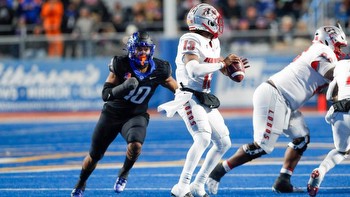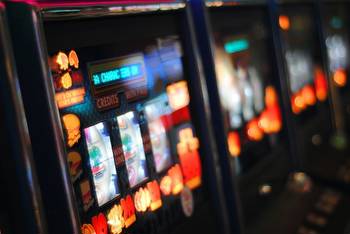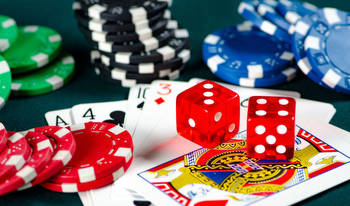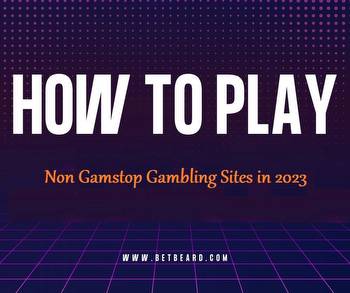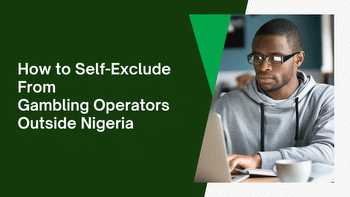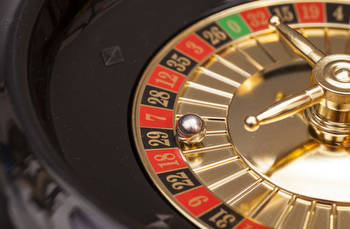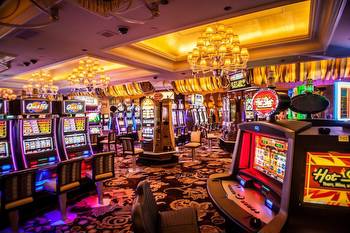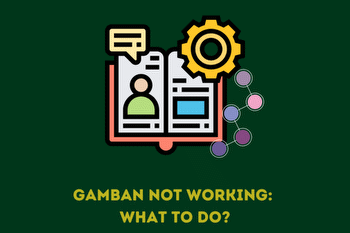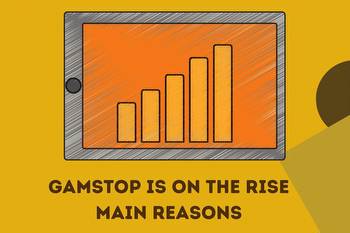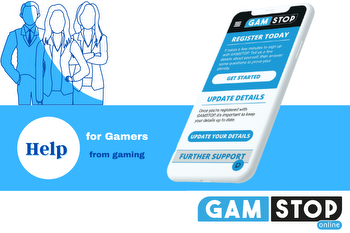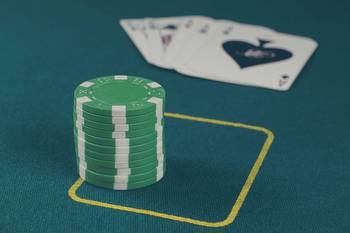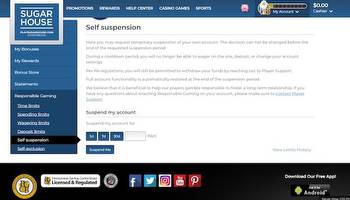How Gambling Self-Exclusion Works and How to Start Playing When It Ends

Gambling in the UK has never been easier thanks to the wide selection of high street bookmakers and great choice of online operators. While this provides an excellent level of convenience for people who want to gamble, it can prove more difficult to stop. The UK government and a selection of independent schemes have been promoting responsible gambling, and the option to self-exclude from betting operators can help a lot of customers.
What is Self Exclusion?
Self-exclusion from betting operators is a way for customers to implement a banning order to stop them from betting online or in person. The customer would have to provide their details and select how long they want the ban to last. There are multiple self-exclusion options available to UK bettors depending on what markets they choose to gamble on.
Self Exclusion Options
Before self-excluding, bettors can contact advice schemes to find out about the options available to them. They will then have to choose between multiple-operator schemes and single-operator schemes.
Multiple Operator Schemes
Multiple-operator self-exclusion schemes are designed to allow customers to self-exclude from multiple betting operators at once. GAMSTOP is the most popular option and all licensed online betting operators in the UK must register with the service. When a player signs up with a new online betting operator, they will automatically scan the details against a database of people who have self-excluded. There are a variety of other multiple-operator schemes available in the UK that focus on in-person betting shops (MOSES), casinos (SENSE), Bingo operators (BISES), and adult gaming centres and arcades (BACTA).
Single Operator Schemes
Single-operator self-exclusion schemes are tailored towards specific operators. Sefl-exclusion options can vary between operators but customers can typically ban themselves from using a company’s services from 6 months to 5 years. Customers must contact the operator directly and in-person self-exclusion typically requires the customer to provide a passport-sized photo. The customer will also be able to select nearby betting offices owned by the operator to ensure they don’t just move to a different shop. The responsibility to self-exclude rests with the individual, but betting offices are obligated to stop them from entering the premises. Betting shop staff will have to familiarise themselves with the folder containing self-excluded customers to refuse them service.
How to Start Playing Again
After a self-exclusion period comes to an end, the customer will have the option of extending their self-imposed ban or returning as a customer. The customer will typically have to contact the operator to advise them if they want to resume betting. After this, a cooling-off period of 24 hours may be implemented before the customer can place a bet. GAMSTOP must be contacted directly to remove an exclusion after the agreed term has been met and they implement a cooling-off period before players can bet again. Rules will typically change between operators and it is essential that the customer reads the terms and conditions before signing up for the scheme.
While licensed online betting operators in the UK must sign up for the GAMSTOP scheme, the ones not on GAMSTOP can be played at any time without the customer having to fulfill their agreed terms. Operators have a duty of care to prevent self-excluded customers from placing bets. However, if the customer actively tries to circumvent procedures to place a bet there will typically be no legal recourse if they try to recoup losses. Customers should always attempt to gamble responsibly and self-exclusion should be a last resort to ensure they are no longer able to place bets.









